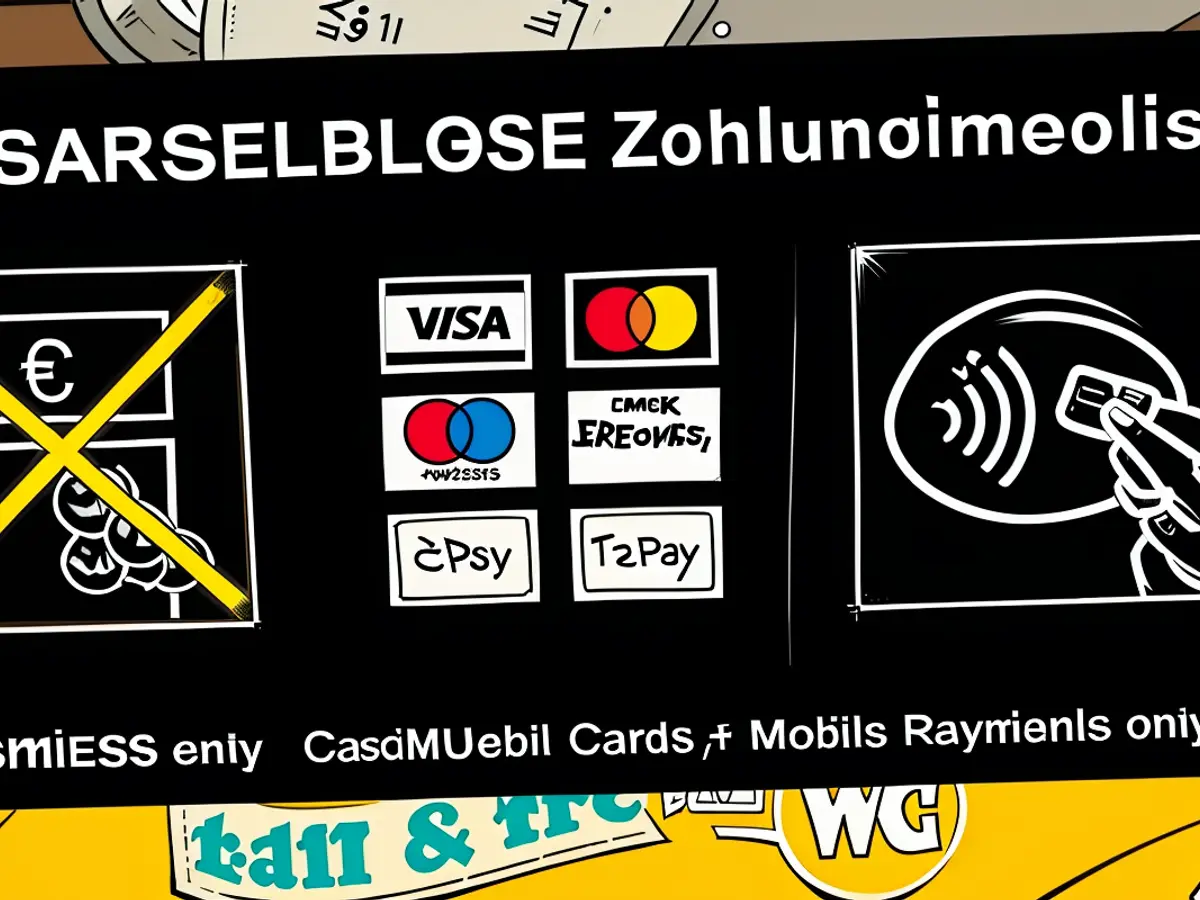Finances - Bundesbank: People pay less often with cash
The love of Germans for cash is continuing to wane. In the past year, 51 percent of transactions in Germany were still carried out with bills and coins, according to a survey-based study on payment behavior reported by the Bundesbank. However, this was 7 percentage points less than in the previous study from 2021.
Payments with debit cards, whose share increased by 5 percentage points to 27 percent, and mobile payment methods via smartphones, which rose by 4 percentage points to 6 percent of all transactions, are gaining ground. In terms of turnover, the debit card has surpassed cash for the first time with a 32 percent share. Cards are therefore being used more frequently for larger transactions.
Acceptance of cashless payment methods has increased, but still has room for growth
When given a free choice of payment methods, 44 percent of those surveyed would prefer to use a debit card. The acceptance of cashless payment methods has increased, as 80 percent of all on-site transactions could be paid for with a card or with a mobile payment method in 2022. This was 20 percentage points more than in 2021.
According to Bundesbank board member Burkhard Balz, the study also shows that the acceptance of cashless payment methods is still expanding. However, almost half of the respondents reported cases where payment with a card or another mobile method was not possible.
"A return to old payment behavior is rather unlikely"
Consumers in Germany have been using cards more frequently for payments during the Corona pandemic than before, but they are still lagging behind other western countries. A return to the old payment behavior - which was 74 percent cash in 2017 - seems unlikely.
However, the majority of people want to hold on to cash, which is valued above all for the protection of privacy in the survey. On the other hand, cashless payment methods offer simplicity and speed.
63 percent wanted cash to be used in the same way in 15 years as it is now. Realistically, this seemed possible to only 39 percent of those surveyed. Almost half (48 percent) expected cash to have disappeared from everyday life by 2038.
- The German Bundesbank, located in Frankfurt am Main, Germany, has observed a decrease in the use of cash for transactions, with only 49% preferring cash in 2022, down from 56% in 2021.
- The German Bundesbank's report also highlights the growing popularity of debit cards among consumers, who now use them for 32% of their transactions, surpassing cash for the first time in terms of turnover.
- Despite the increasing acceptance of cashless payment methods, such as debit cards and mobile payments, German consumers still appreciate the financial privacy that cash offers, with 63% wanting it to remain as popular in 15 years, although only 39% believe this will be realistic.








